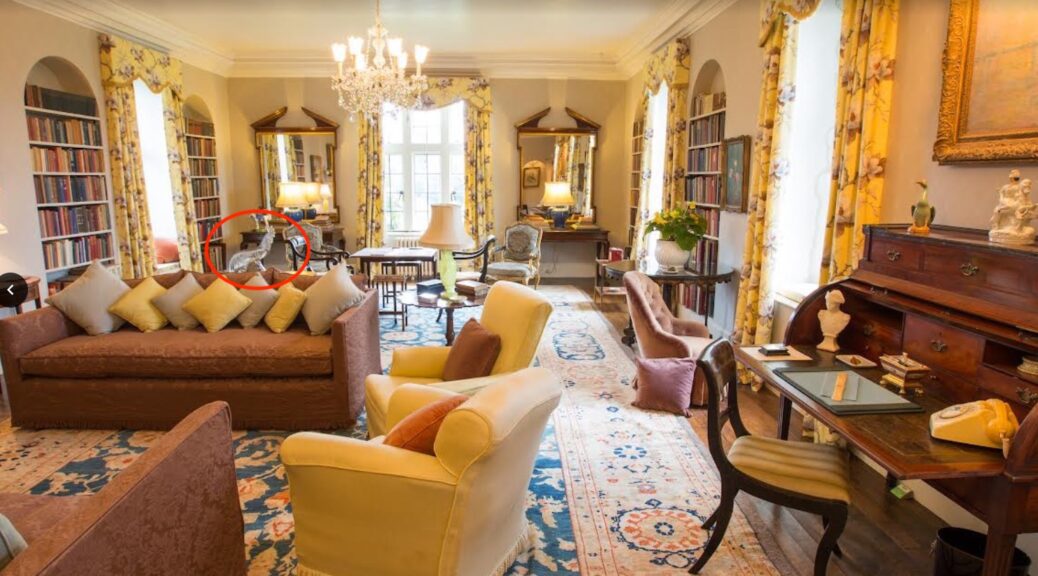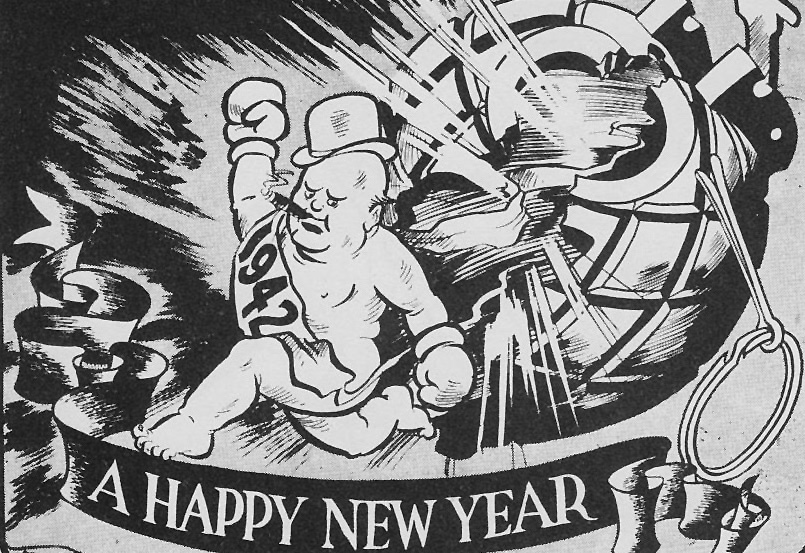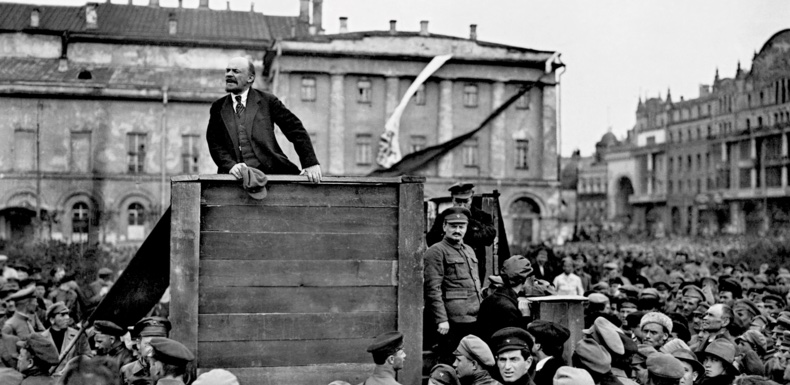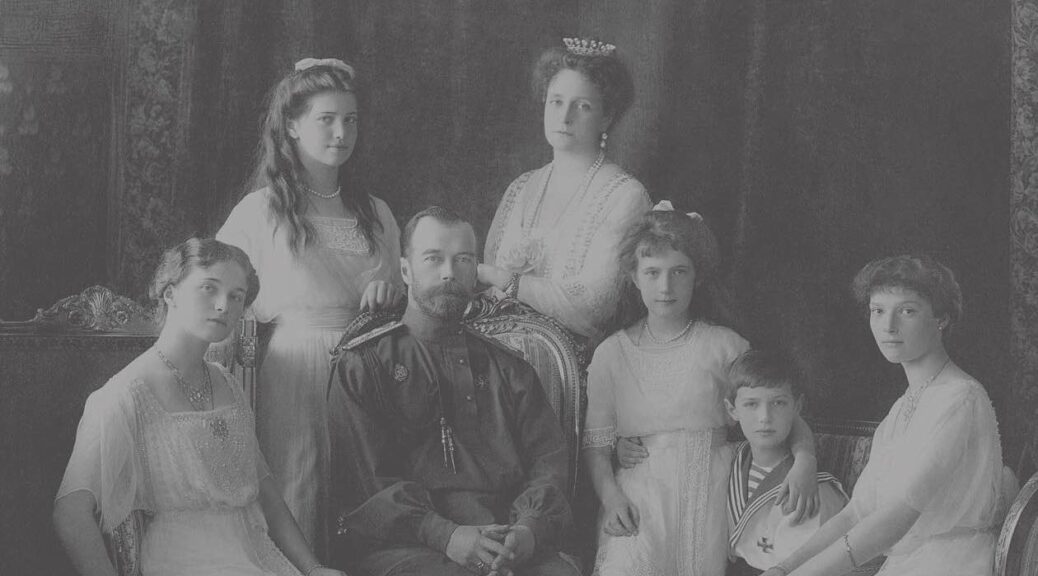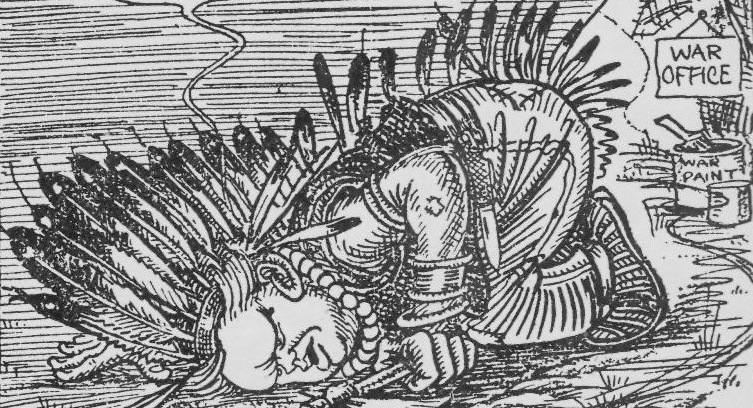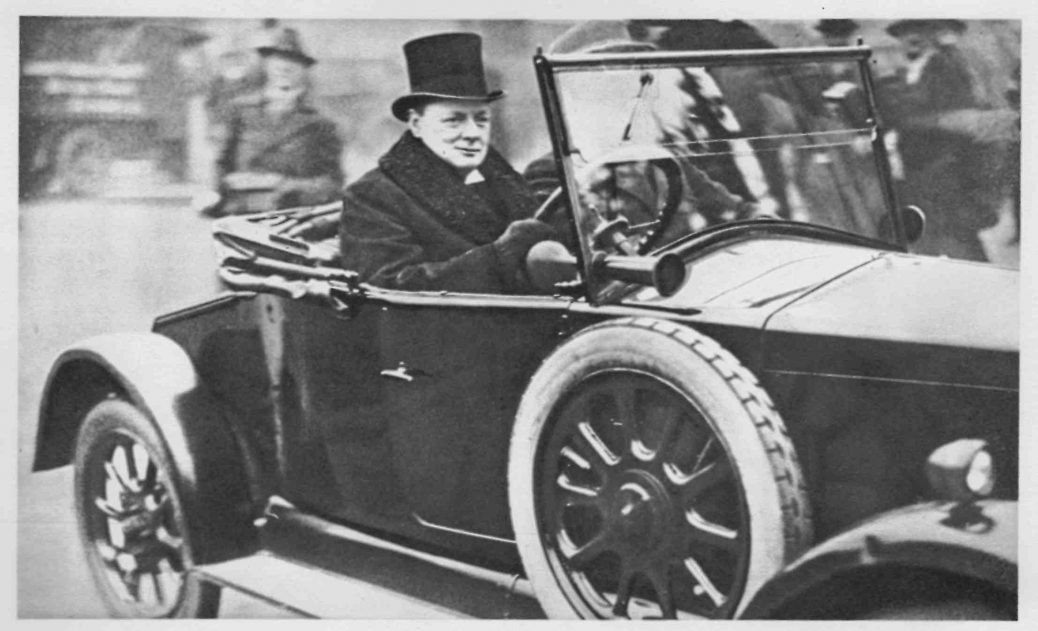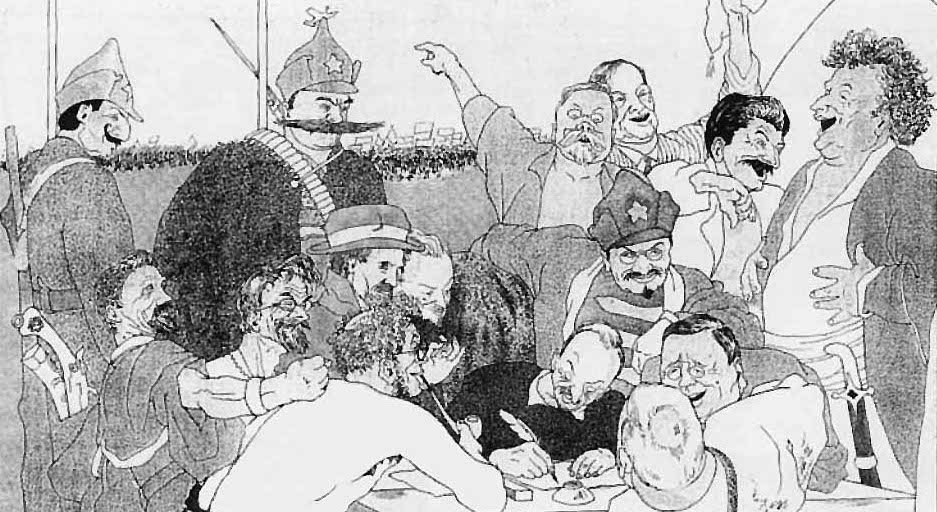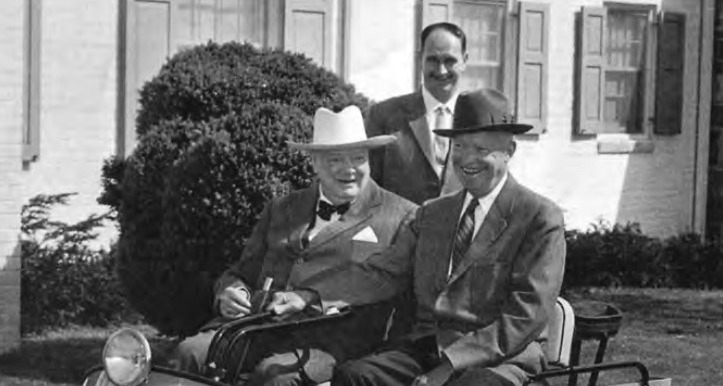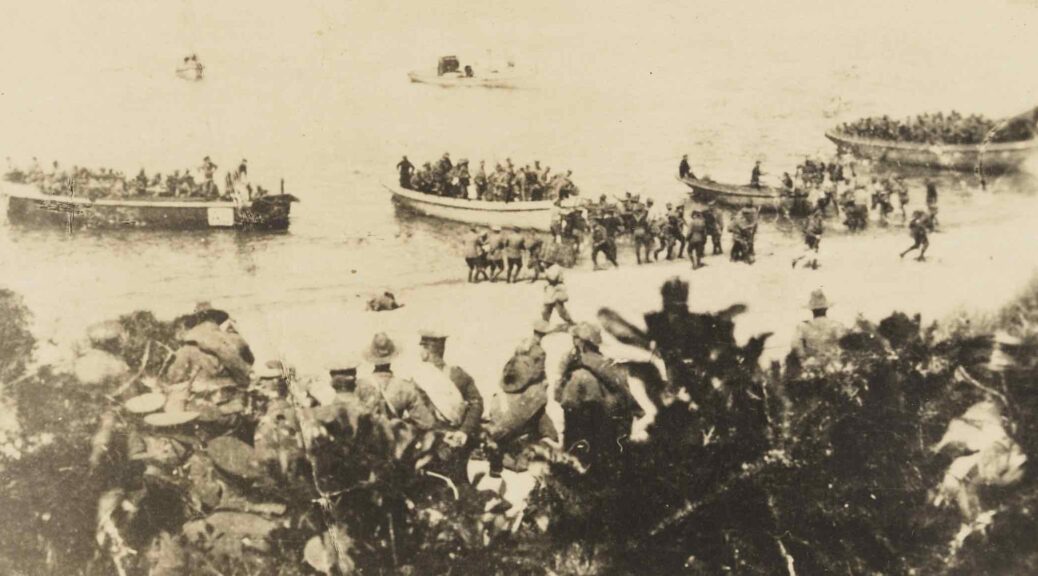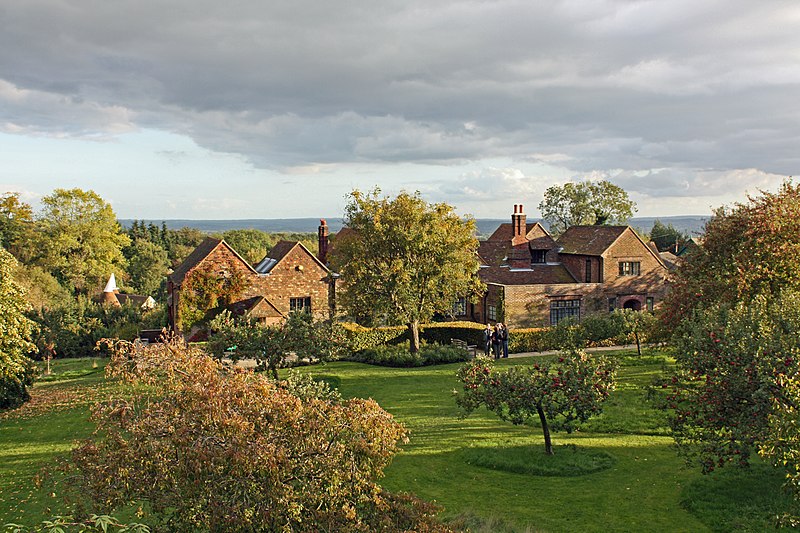
Q&A: Churchill’s Philosophy of Life and Living
“What was Churchill’s Philosophy of Life and Living?” was first published by the Hillsdale College Churchill Project. For the original article with endnotes, click here. To subscribe to free weekly articles from Hillsdale-Churchill, click here and scroll to bottom. Enter your email in the box “Stay in touch with us.” No advertising: Your identity remains a riddle wrapped in a mystery inside an enigma.
Q: On life and livingIf I want to understand Sir Winston Churchill’s philosophy of life and living, what books would you recommend? —B.A., via email
A: Lengthy sourcesAt first your question reminded us of the old fraternity initiation technique: asking pledges an unanswerable question.…
